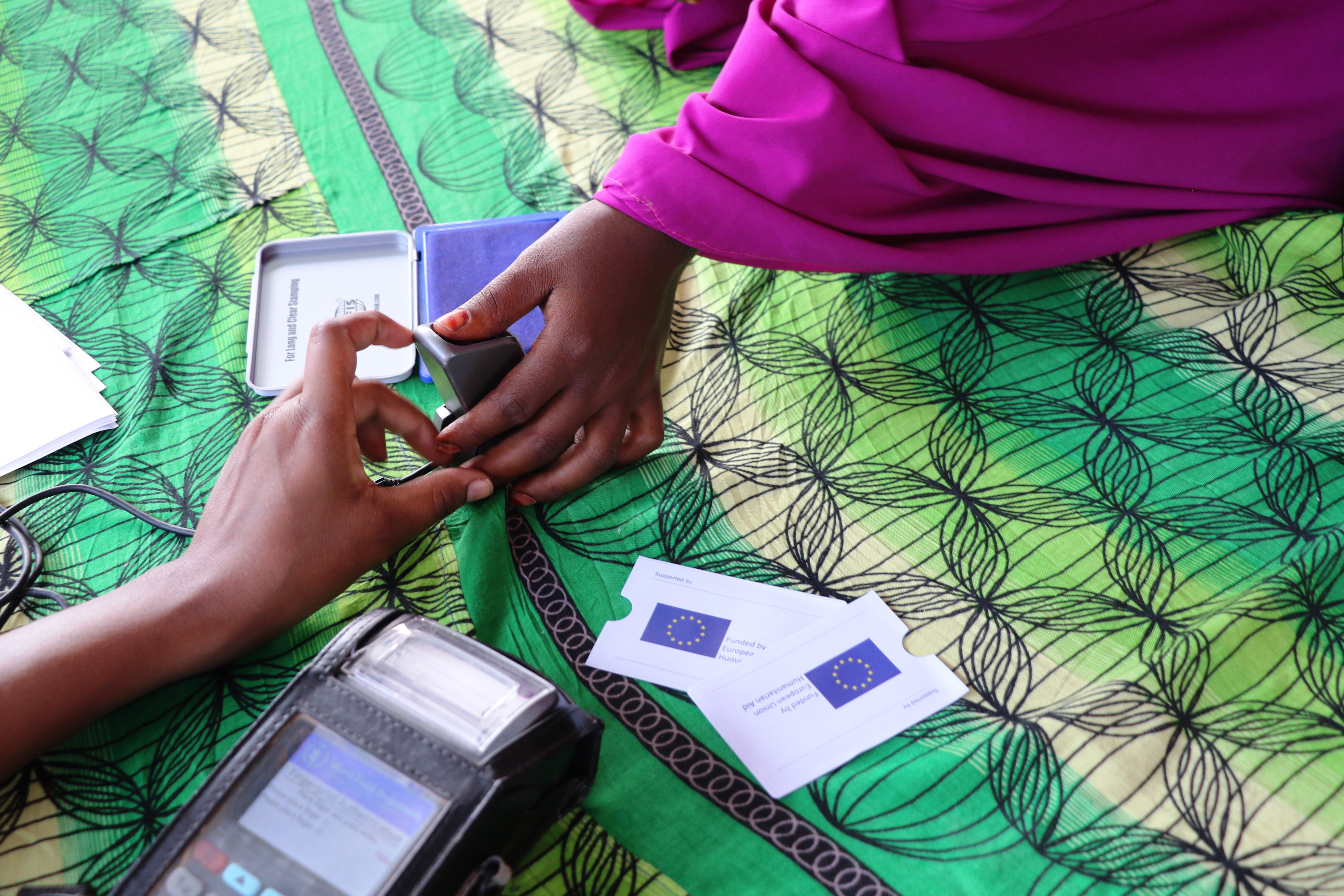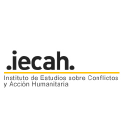WORKING WITH DG ECHO AS AN INTERNATIONAL ORGANISATION | 2014 - 2020
VERIFICATION

Credit: ©EUECHOAnouk Delafortrie
The Commission will verify which use was made of the EU contribution through Verification mission. The partner shall permit the Commission, the European Court of Auditors, or any other representative authorised by the Commission, to conduct desk reviews and on-the-spot checks, on the basis of supporting accounting documents and any other documents related to the financing of the Action.
Furthermore, the International Organizations agree that OLAF may carry out on-the-spot checks, investigations and verifications in accordance with the procedures laid down by European law for the protection of the financial interests of the EU against fraud and other irregularities.
With this aim, the partner is committed to:
-
Grant, on conditions of confidentiality, officials of the Commission, OLAF and the European Court of Auditors and their authorised agents, access to sites and premises at which operations financed under the Agreement are carried out, and to any documents and computerised data concerning the technical and financial management of those operations.
-
Take all necessary measures to facilitate checks
-
Make the documents accessible and filed in a manner permitting inspection
On its side, the Commission commits itself to inform the partner of the planned on-the-spot missions by agents appointed by the Commission or the Court of Auditors in due time and to perform all these activities in accordance with the verification clause agreed with the Commission.
Any cooperation agreement between OLAF and the partner ’s anti-fraud bodies will also be taken into account.
VERIFICATION CLAUSE
The verification clause represents an attempt to accommodate the requirements of the Commission and the partner , while at the same time respecting each party's fundamental principles of financial management and control.
The following clauses have to be included as an integral provision in all conventions, contracts and financial agreement between the partner and the Commission:
a) Financial transactions and financial statements shall be subject to the internal and external auditing procedures laid down in the Financial Regulations, Rules and directives of the International Organization.
A copy of the audited financial statements shall be submitted to the European Commission by the International Organization
b) The International Organization shall keep financial and accounting documents concerning the activities financed by the European Union and, make available to the competent bodies of the European Union, upon request, all relevant financial information, including statements of accounts concerning the programme/project, where they are executed by the International Organization or by subcontracting.
c) In conformity with its Financial Regulation, the European Communities may undertake, including on the spot, checks related to the operations financed by the European Communities.”
The objective of the verification mission is not to audit the partner, but to acquire an understanding of, and to report on, the adequacy of the system of accountability, in terms of accounting system, procedures, reporting, and audit mechanism in place.
This will enable the Commission to report to its own institutions on the proper use of EU funds.
As to facilitate the process, Parties have agreed on Common Terms of Reference for Verification Missions (“ToRs”) which set the objectives, scope and methodology of the verification mission in practice. According to the ToRs the verification has a twofold scope:
-
to review of the adequacy of the system of accountability put in place by partner to account for, and report on, the use of the funds provided by Delegation Agreement for the Action.
-
to checks on the adequacy of the information supporting the implementation of the Delegation Agreement and the partner ’s use of the EC funds.
VERIFICATION PROCEDURE
Verification visits should be coordinated by a specific unit within the International Organization and should be carried out in a collaborative manner.
Subject to considerations of confidentiality of each individual partner, original documents shall be shown to the mission to facilitate the check process. For the most part, copies of such documents will not be taken by the mission. However, requests for copies of such documents will be considered by the partner on a case-by-case basis and will be determined by the organization’s management in consultation with, as necessary, its External Auditors.
During the visit, Commission representatives will principally work with the senior staff responsible for the systems under review. Verifiers may also ask to discuss some issues with the internal audit services or with the organisation’s external auditors.
There would then be opening meeting with the partner entity, where details concerning the verification process to happen should be pinned down. There would be also a debriefing meeting, where the verification team should present the findings and obtain clarifications as relevant.
The verification team will draw up a verification report draft that will be made available to the partner ’s management for comments prior to final issuance.
The verification will result in a report of factual findings, including a conclusion and, where appropriate, recommendations. As this verification is not an audit, no audit report including audit opinions will be issued.





